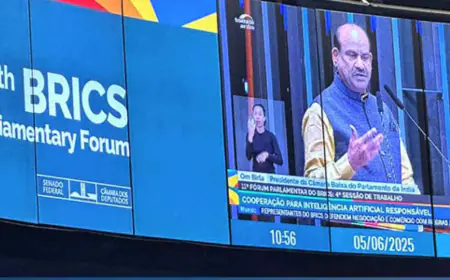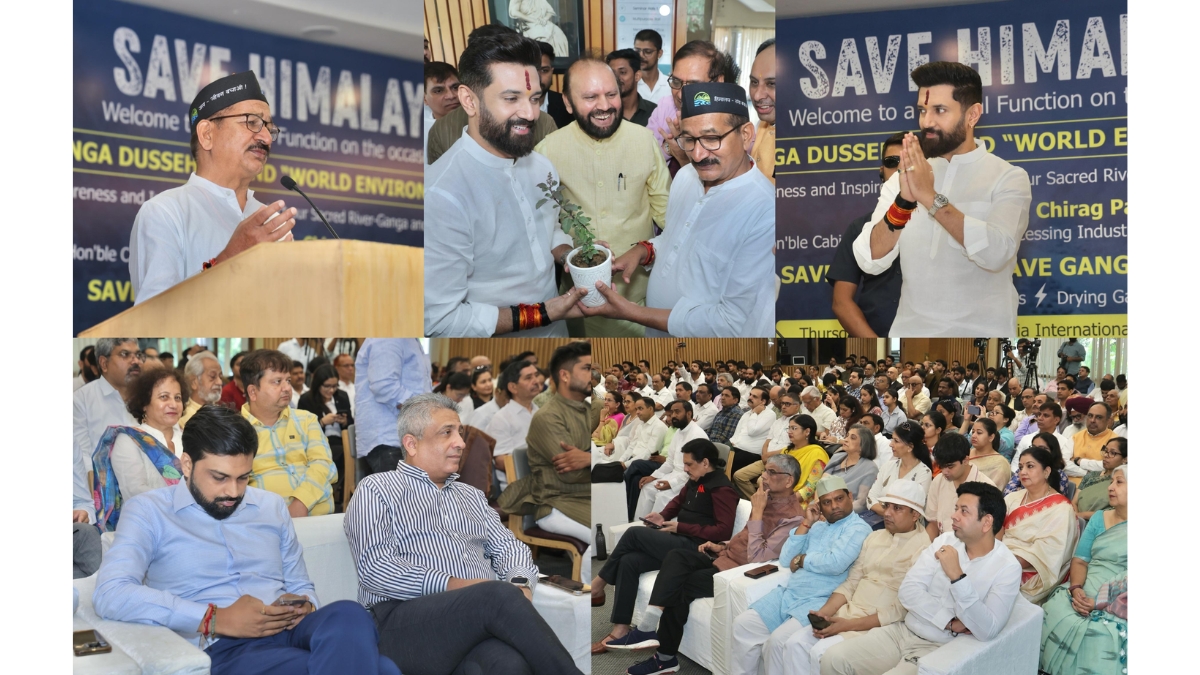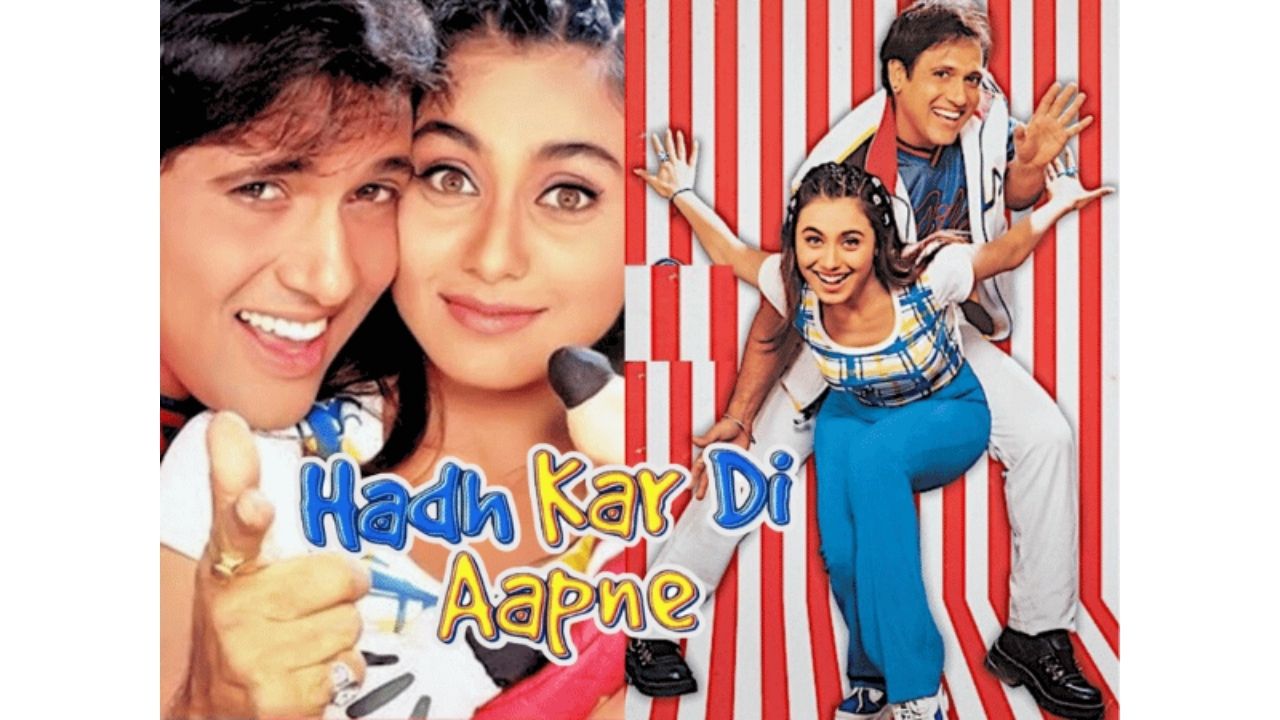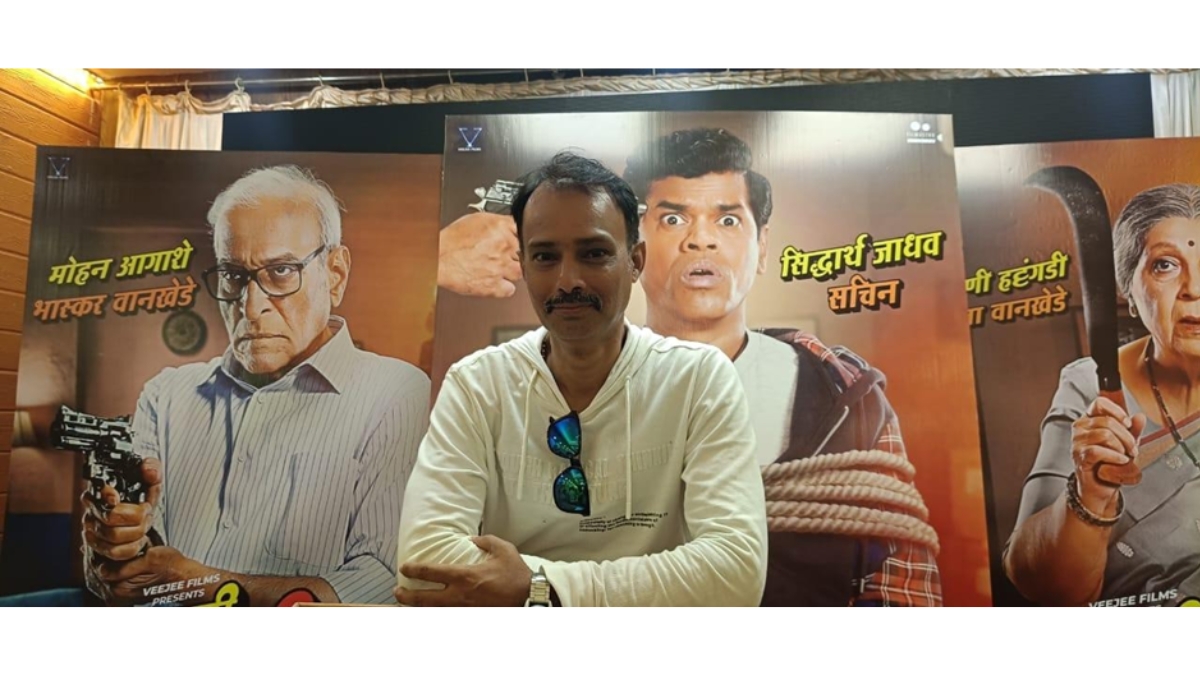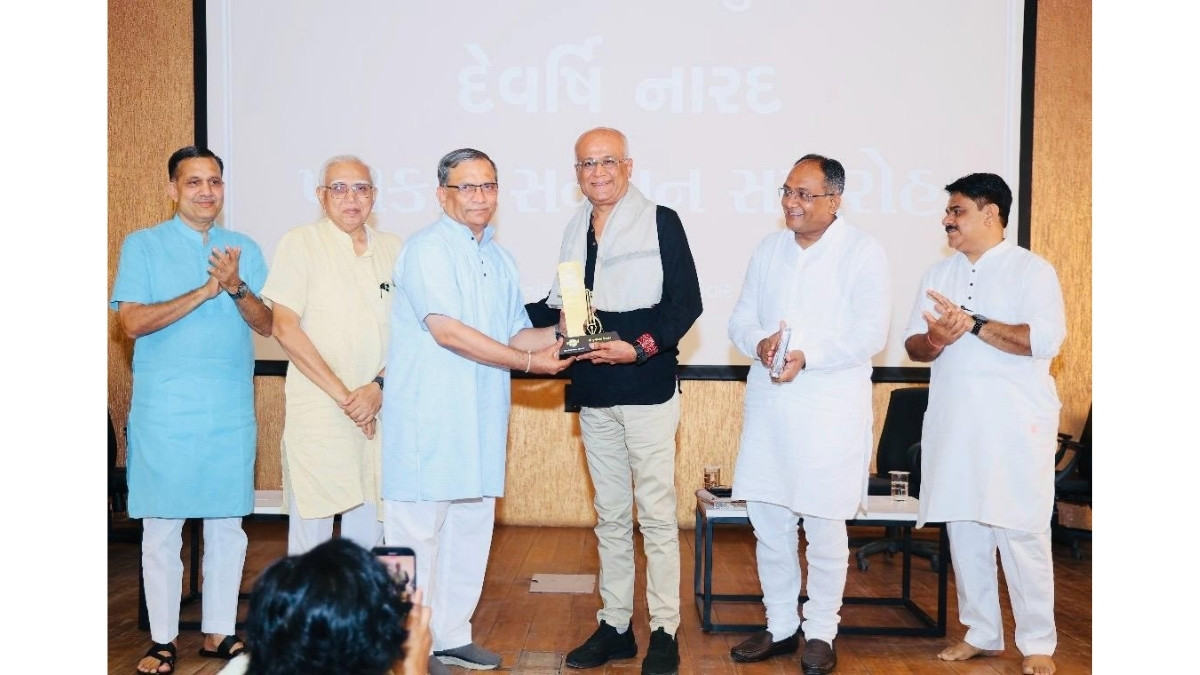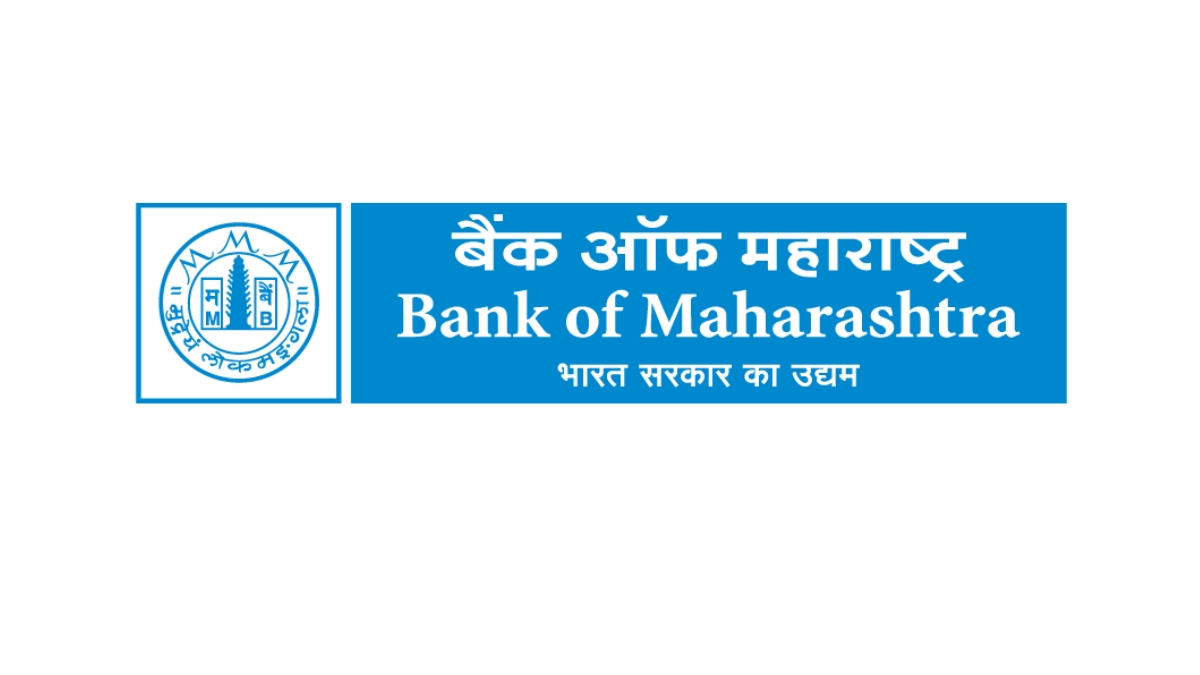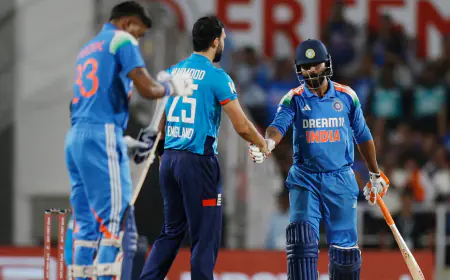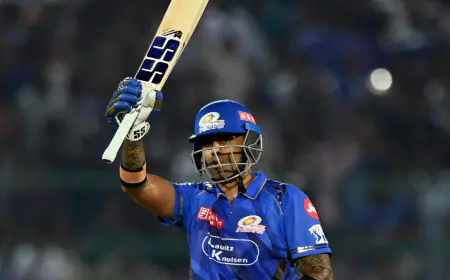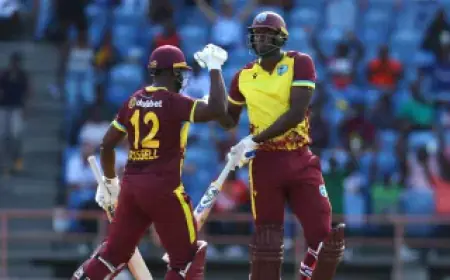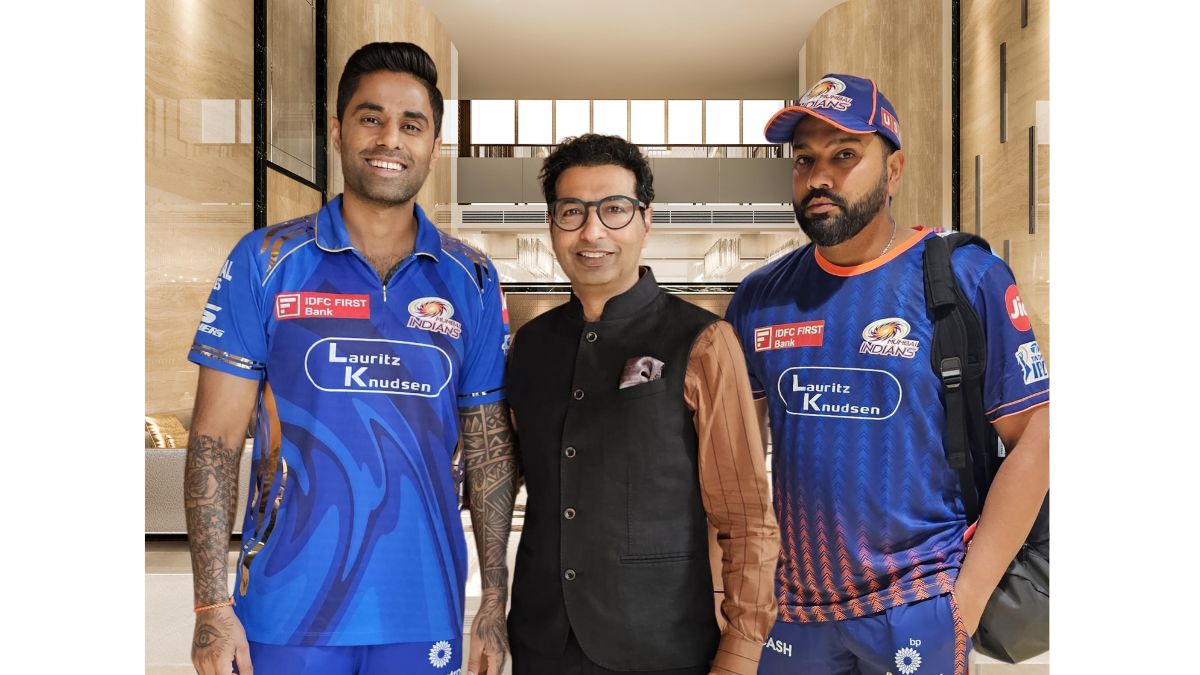'Calling a woman an illegitimate wife is anti-women', Supreme Court comment on Bombay High Court order
Supreme Court: A bench of Justice Abhay S Oka, Justice Ahsanuddin Amanullah, and Justice AG Masih said that in an invalid marriage, the wife is entitled to seek maintenance under the Hindu Marriage Act, 1955. Also, the apex court objected to the use of the words 'illegitimate wife' or 'faithful mistress' in the 2004 decision by the Bombay High Court.
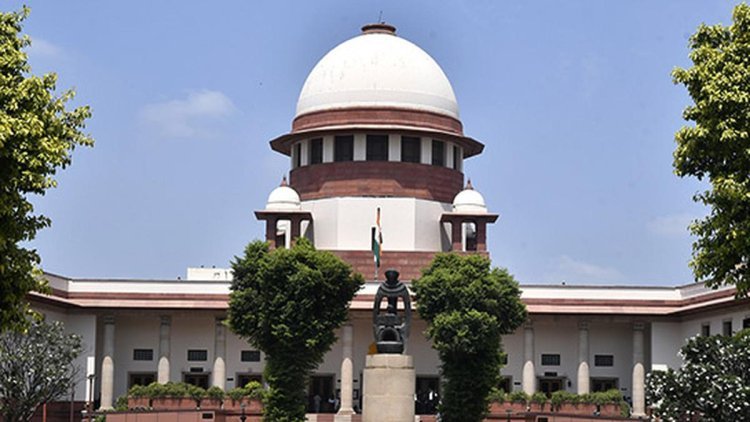
The Supreme Court said that to address a woman as an 'illegitimate wife or faithful mistress' is against women and it would violate her fundamental rights under Article 21 of the Constitution. The apex court termed the usage of these words in its order by the Bombay High Court as wrong.
A bench of Justice Abhay S Oka, Justice Ahsanuddin Amanullah, and Justice AG Masih said that in an invalid marriage, the wife is entitled to seek maintenance under the Hindu Marriage Act, 1955. Also, the apex court objected to the use of the words 'illegitimate wife' or 'faithful mistress' by the Bombay High Court in its 2004 judgment. Considering a reference, the bench said that the full court bench of the Bombay High Court coined the word 'illegitimate wife' in the case of Bhausaheb vs Lilabai (2004). It is very inappropriate to call the wife an illegitimate wife in the said case after the marriage is declared invalid. This affects the dignity of the woman concerned. Unfortunately, the Bombay High Court used this word. The shocking thing is that the High Court has described such a wife as a 'faithful mistress'. The bench said that it is worth noting that the High Court has not used such adjectives in the case of husbands of invalid marriages.
The bench said every person has the fundamental right to live a respectable life under Article 21 of the Constitution. Using these words for a woman would violate the fundamental rights of that woman under Article 21 of the Constitution. Describing a woman using these words is against the values and ideals of our Constitution. The bench said, no person can use such adjectives while referring to a woman who is a party to an invalid marriage. Unfortunately, we find that such objectionable language has been used in the decision of the full bench of the High Court. The use of such words is misogynistic.
The Supreme Court held that a couple whose marriage has been declared invalid under Section 11 of the Hindu Marriage Act is entitled to seek permanent alimony or interim maintenance from the other spouse by citing Section 25 of the Act. The bench said that whether the relief of permanent alimony can be granted or not always depends on the facts of each case and the conduct of the parties. Because granting relief under Section 25 always depends on discretion. Even if the Court comes to a prima facie conclusion that the marriage between the parties is void, the Court shall not be precluded from awarding maintenance till the final disposal of the proceedings under the Act of 1955, provided the conditions of Section 24 are fulfilled.

